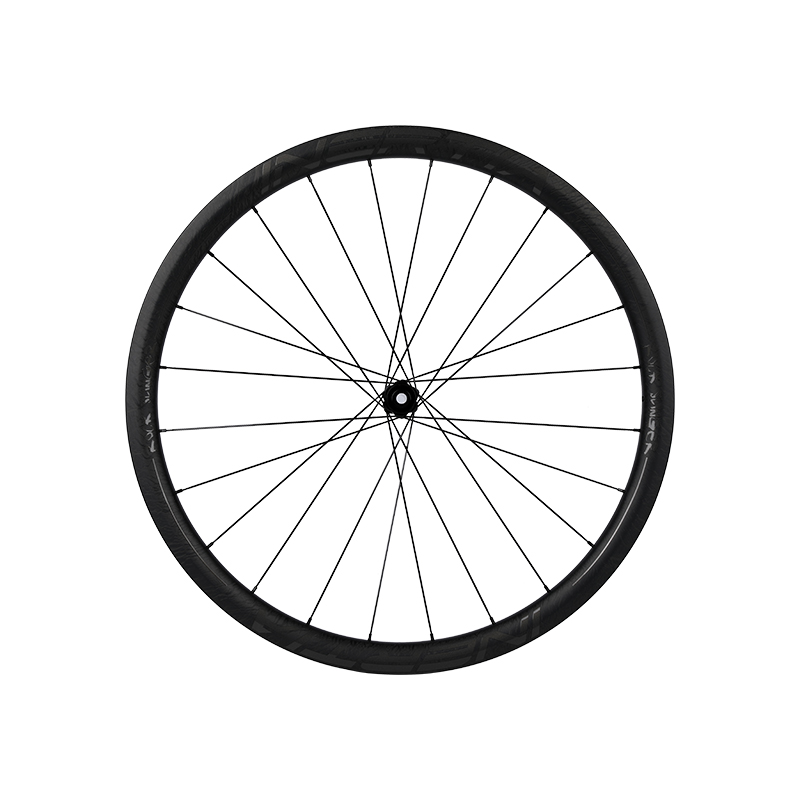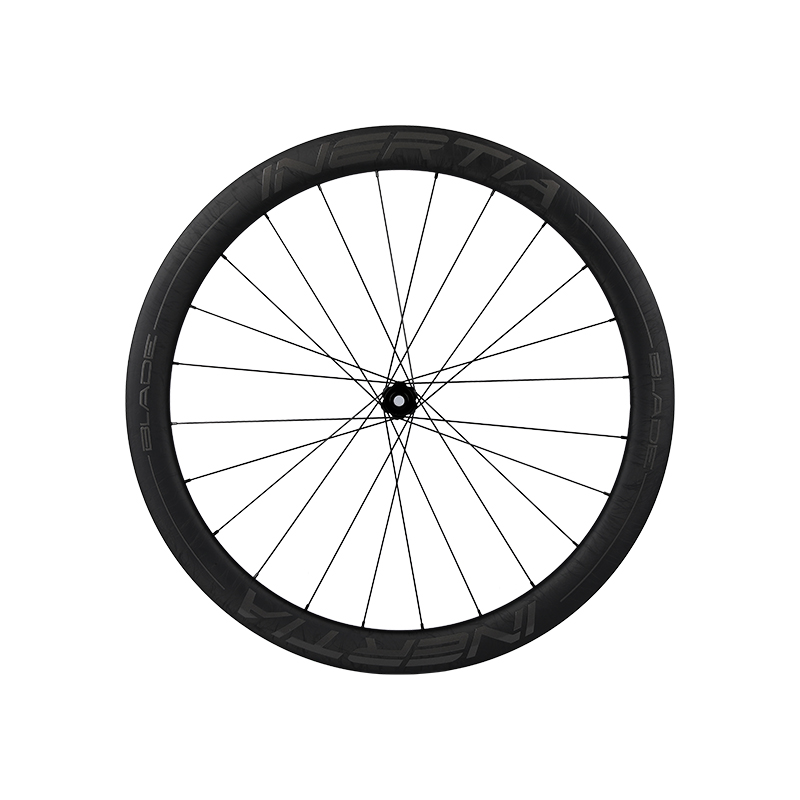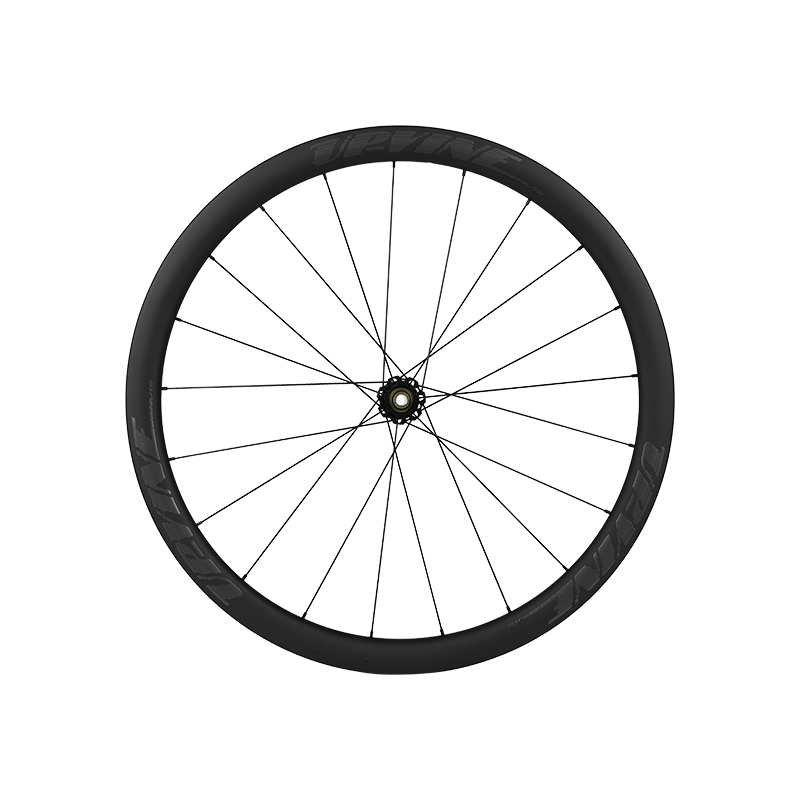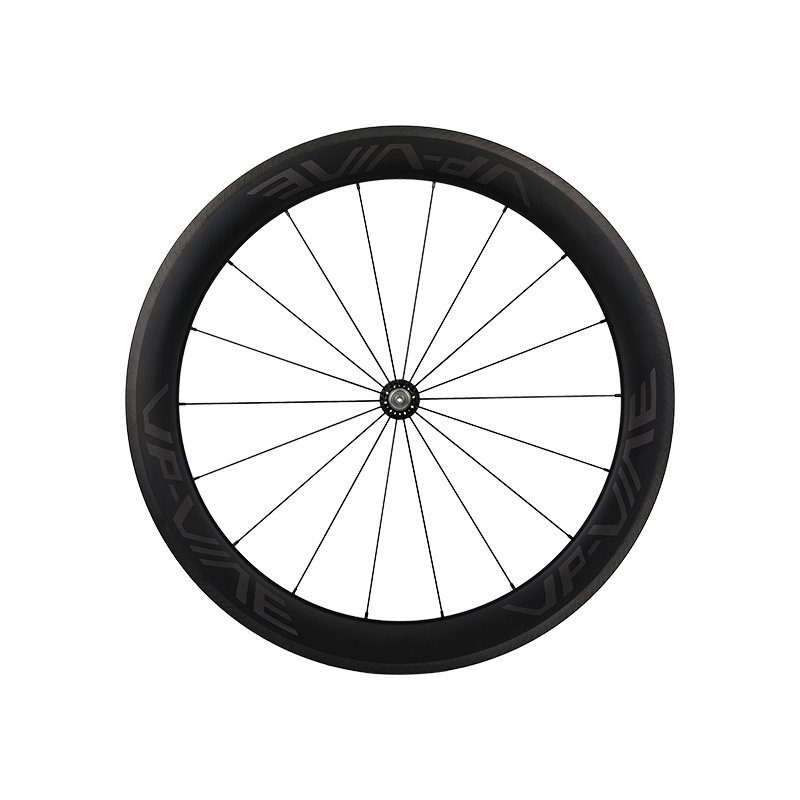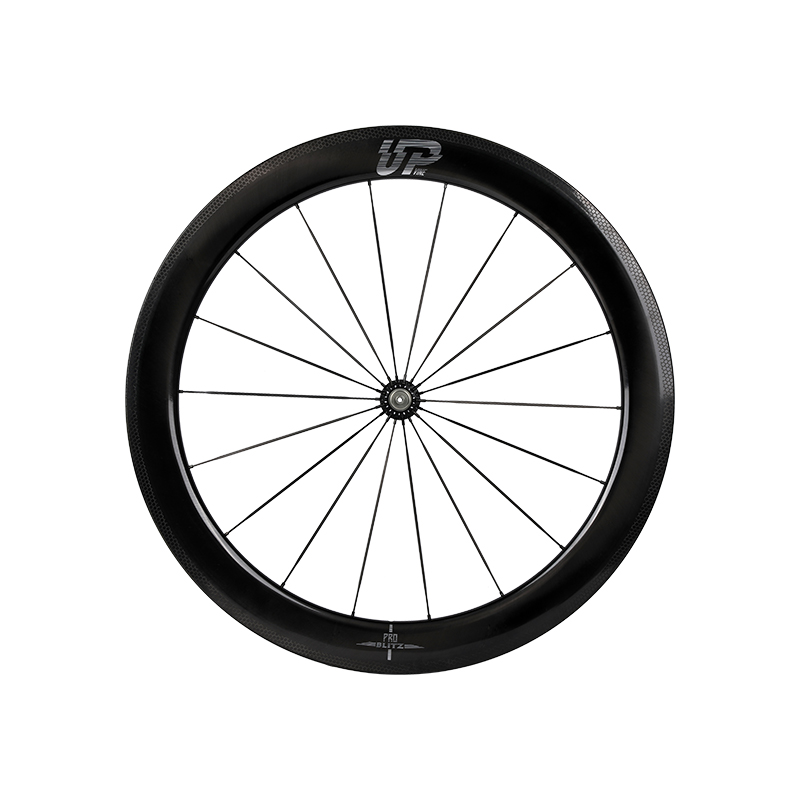The manufacturing process for carbon fiber wheels differs significantly from that of traditional metal wheels, such as those made from aluminum or steel.
Material: Carbon fiber wheels are made from carbon fiber composites, which consist of thin strands of carbon fibers bonded together with a resin matrix. In contrast, metal wheels are typically made from casting or machining metal alloys like aluminum or steel.
Construction Method: Carbon fiber wheels are constructed using a process called filament winding or carbon layup. This involves layering the carbon fiber sheets in specific orientations and patterns, often by hand, to achieve the desired strength, stiffness, and weight characteristics. Metal wheels, on the other hand, are typically formed through casting or machining processes.
Customization: The layering process in carbon fiber wheel manufacturing allows for precise control over the characteristics of the wheel, including stiffness, strength, and aerodynamics. Manufacturers can tailor the layup of carbon fiber sheets to optimize performance for different riding conditions and preferences. This level of customization is more challenging to achieve with traditional metal wheels, which are limited by the properties of the metal alloy used.


Weight: Carbon fiber wheels can be significantly lighter than traditional metal wheels due to the lightweight nature of carbon fiber itself and the ability to precisely control the thickness and orientation of the carbon fiber layers. This reduction in weight can lead to improved acceleration, climbing, and overall bike handling.
Aerodynamics: Carbon fiber wheels can be designed with complex shapes and profiles optimized for aerodynamics, thanks to the flexibility of the material. This allows for smoother airflow around the wheel, reducing drag and potentially increasing speed. While metal wheels can also be designed for aerodynamic efficiency, carbon fiber offers more versatility in shaping and optimizing aerodynamic properties.
Strength and Durability: Carbon fiber wheels can be engineered to be exceptionally strong and durable, with the ability to withstand the demands of road cycling, including impacts and rough terrain. However, they may be more susceptible to damage from certain types of impacts compared to metal wheels. Proper engineering and construction techniques are crucial to ensure that carbon fiber wheels meet the required strength and durability standards.



 Español
Español
